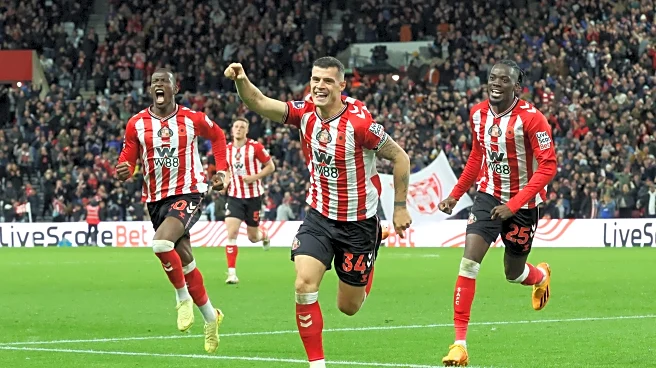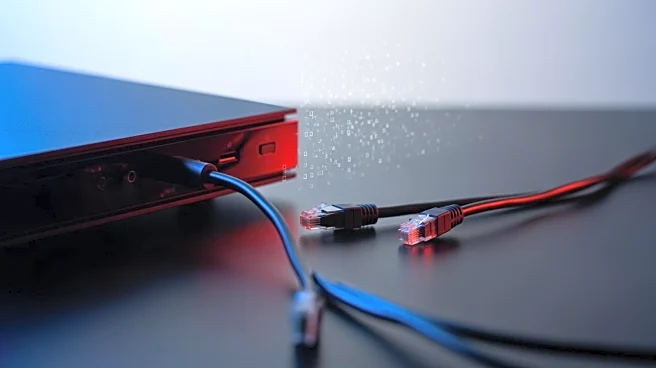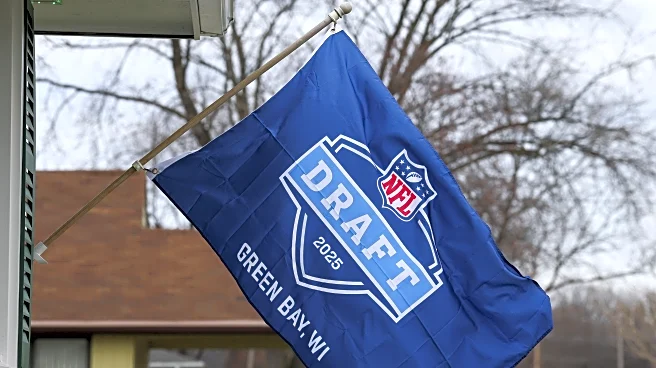Last night, I had the pleasure of spending an evening with Sir Geoff Hurst.
Not personally, of course, but as part of his final after dinner-type chat tour, and it was great to see him in good health and very
much alive — if not actually kicking any more!

He regaled us with some great stories from his illustrious career, many of them about Sir Bobby Moore, Nobby Stiles, Alan Ball and Greavesy, but there were two statements he made about himself and Jack Charlton that stuck with me and made me think about the current setup at Sunderland — specifically regarding a conversation he had with the great Sir Alf Ramsey.
At the time, Sir Alf had the option of using two of three excellent forwards (Roger Hunt, Greaves and Hurst himself). Occasionally one of them might’ve been injured, but if they were all fit, Greavesy and Hunt usually got the nod.
On one occasion leading up to the 1966 World Cup, he chose Hurst over Hunt. Sir Geoff was chatting to Sir Alf, and he casually asked him why he had been chosen for this particular game. The reply had to be taken as a backhanded compliment: “I don’t always choose the best players for the team”.
He also said exactly the same thing to Charlton, who was called into the England squad at quite the mature age of twenty nine.
Jack had been a longstanding member of the great Leeds United team at the time, and when Sir Geoff enquired of Ramsey why he’d only just decided to call Charlton into the squad, he received the same response: “I don’t always choose the best players to be in the team”.

The point, as Sir Geoff went onto explain, was that it was the team that mattered.
Not brilliant individuals and not the biggest stars or names of the day, but an eleven that would fit together to make an impressive, cohesive team. Sir Alf surrounded himself with players that would work and run for him. Players that, as Ramsey said, “He could rely on”.
In my head, there was a direct link from this to the current Sunderland model and project.
Of course we’ve now got seventeen or eighteen very good players at the Stadium of Light, and we all agree that the scouts, statisticians and recruitment team have done a superb job over the last few months and beyond, but away from footballing ability, it’s the character and personality of these players that have enabled them to gel together so impressively.
I’m minded to think that Sunderland are quite some way ahead of many other teams in this regard. They look for the right characters to bring into the club — runners, hard workers, players that mostly still show potential. Players that are flexible and adaptable and athletic.
Régis Le Bris is surrounded by players who want to learn and aren’t “prima donnas” in any way.
When Nottingham Forest brought in a load of new signings after they were promoted, it didn’t immediately work and it took them quite a few weeks or months to get going. This is probably the norm, and quite understandable, so it’s been all the more impressive to see this relatively new Sunderland squad click so well.
They obviously get on with each other. Their various personalities gel and they encourage each other, back each other and are genuinely pleased for each other when they do well — even if that means that someone else has to miss out.

There are no huge egos; they’re a humble group of lads who are obviously willing to work hard for the team, for the club and for the fans. It’s been a brilliant job by everyone concerned to identify the correct pegs for each position — but the correct pegs off the pitch as well as on.
Our start to the season hasn’t been down to luck or good fortune. It’s been well planned and executed, and I for one am hugely impressed with the situation we find ourselves in as fans.
The club is on solid foundations and we aren’t building on sand. One could argue that the last good team we had was twenty five years ago, but to my mind, there wasn’t as strong an off-field structure back then. This could be the start of a new dawn. Le Bris has a squad he can rely on — and so can we.
Ha’way, me bonnie lads!










